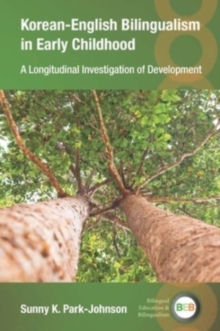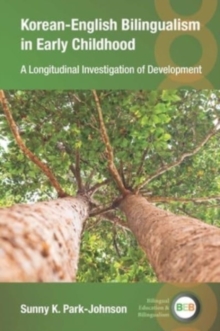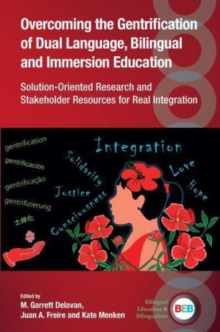
Rethinking Bilingual Education in Postcolonial Contexts PDF
by Feliciano Chimbutane
Part of the Bilingual Education & Bilingualism series
Description
This book calls for critical adaptations when theories of bilingual education, based on practices in the North, are applied to the countries of the global South. For example, it challenges the assumption that transitional models necessarily lead to language shift and cultural assimilation. Taking an ethnographically-based narrative on the purpose and value of bilingual education in Mozambique as a starting point, it shows how, in certain contexts, even a transitional model may strengthen the vitality of local languages and associated cultures, instead of weakening them. The analysis is based on the view that communicative practices in the classroom influence and are influenced by institutional, local and societal processes. Within this framework, the book shows how education in low-status languages can play a role in social and cultural transformation, especially where post-colonial contexts are concerned.
Information
-
Download - Immediately Available
- Format:PDF
- Pages:208 pages
- Publisher:Multilingual Matters
- Publication Date:18/05/2011
- Category:
- ISBN:9781847693655
Other Formats
- EPUB from £12.00
- Paperback / softback from £22.55
- Hardback from £79.85
Information
-
Download - Immediately Available
- Format:PDF
- Pages:208 pages
- Publisher:Multilingual Matters
- Publication Date:18/05/2011
- Category:
- ISBN:9781847693655










